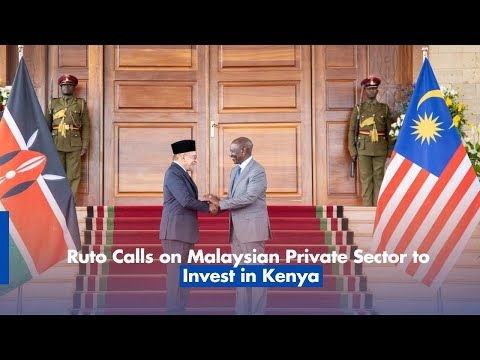The government-to-government oil plan has saved the economy from sinking, softening the cost of living.
On Thursday, the Energy and Petroleum Regulatory Authority told journalists the plan has protected the economy from exchange rate volatility by eliminating the spot purchases for the greenback by about 100 oil marketing companies.
"The arrangement with Gulf oil firms has eased pressure on the shilling with a reduction in depreciation against the US dollar from a high of three per cent per month to a percentage,'' director general Daniel Kiptoo said.
He said fuel is the country’s single-largest import commodity that required $500 million monthly, piling pressure on the country's limited forex reserves during the Open Tender System regime.
In the current arrangement, the country, through appointed local oil marketers, receives fuel on credit terms for up to six months from Emirates National Oil, Abu Dhabi National Oil and Saudi Aramco.
Once the appointed oil marketer receives the fuel, it sells to its peers in shillings before being supplied to retailers.
The shillings paid by local oil marketers are kept in escrow accounts managed by three local banks led by Kenya Commercial Bank, which takes 180 days to collect enough dollars to pay suppliers in the Gulf.
"Local oil importers were finding it hard to collect enough dollars every month. The government had to step in to avert supply failure, which could have ruined the economy, considering the commodity's vital role,'' Kiptoo said.
He criticised those against the plan as selfish and short-sighted, saying the plan is so good that other countries are benchmarking it.
"At least 42 cargos have been delivered under the G-to-G arrangement, assuring security of supply for the country. The success of this plan has seen neighbouring countries like Uganda ape the idea,'' Kiptoo said.
He said 13 letters of credit worth $1.001 billion have since been paid under the plan that is expected to extend to December next year.
In September, the government renegotiated the applicable freight and premium for the G-to-G plan with Gulf firms, a move that is likely to see final retail prices drop every three months.
According to Kiptoo, the initial talks saw the price of a tonne of super petrol drop from $97.50 to $90, easing Sh1.95 on a litre of the commodity.
A tonne of diesel dropped from $118 to $111.75, a move that saw retail prices for a litre of the product drop by Sh5.51 while that of kerosene reduced by Sh1.35.













